Exploring the Versatility of 7.2V RC Motors
The realm of remote-controlled (RC) devices is dynamic and ever-evolving, with 7.2V RC motors standing as a pivotal component in this sector. These motors are the heartbeat of a wide array of RC models, powering everything from intricate hobbyist projects to the cherished toys of children. The versatility of these motors makes them indispensable in the construction and repair of RC cars, aircraft, and boats, catering to a diverse audience that spans age groups and interests.
Types and Applications of 7.2V RC Motors
Within the category of 7.2V RC motors, there exists a spectrum of types, each tailored to specific applications. Hobbyists and model enthusiasts often seek out these motors for their reliability and performance. Whether it's for slot car race sets, custom-built RC cars, or even educational robotics, these motors provide the necessary power and control. Their widespread use in model trains and other vehicular replicas also underscores their importance in the world of miniature scale modeling.
Features and Materials
The construction of 7.2V RC motors is a testament to the ingenuity of modern engineering. Typically made from durable metals and high-grade magnets, these motors are designed to deliver efficiency and longevity. The internal components are often crafted with precision to ensure smooth operation and responsiveness, which are crucial in competitive racing or precise model manipulation.
Advantages of 7.2V RC Motors
One of the primary advantages of 7.2V RC motors is their balance of power and energy efficiency. These motors are adept at providing the necessary torque and speed required by RC enthusiasts while maintaining a manageable battery consumption rate. This balance is particularly beneficial for those who engage in extended use, such as in competitions or during intricate model building sessions.
Customization and Compatibility
Customization is a cornerstone of the RC hobby, and 7.2V RC motors are highly compatible with a vast array of models and kits. This compatibility ensures that enthusiasts can upgrade or repair their existing setups without the need for extensive modifications. The motors' standardized sizing and power requirements make them a go-to choice for those looking to personalize their RC experience.
Conclusion
In conclusion, 7.2V RC motors are a critical component in the world of remote-controlled models. Their broad application range, coupled with their robust construction and efficiency, makes them a valued choice for hobbyists and casual users alike. As the RC community continues to grow, the demand for these versatile motors is expected to remain strong, solidifying their place in the market.




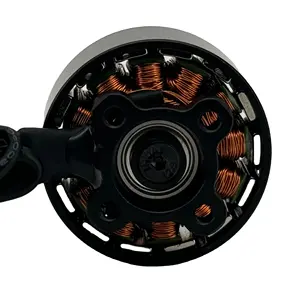



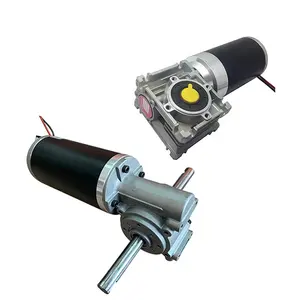

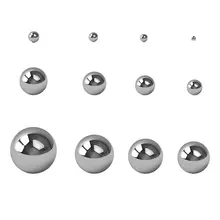


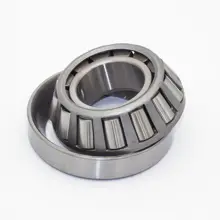
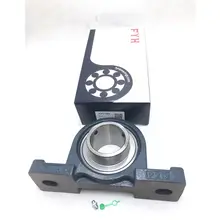

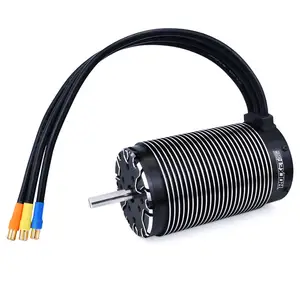



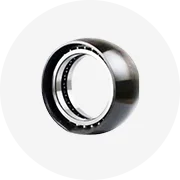

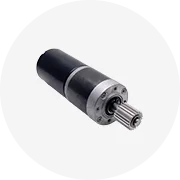


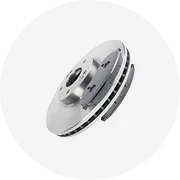










 浙公网安备 33010002000092号
浙公网安备 33010002000092号 浙B2-20120091-4
浙B2-20120091-4